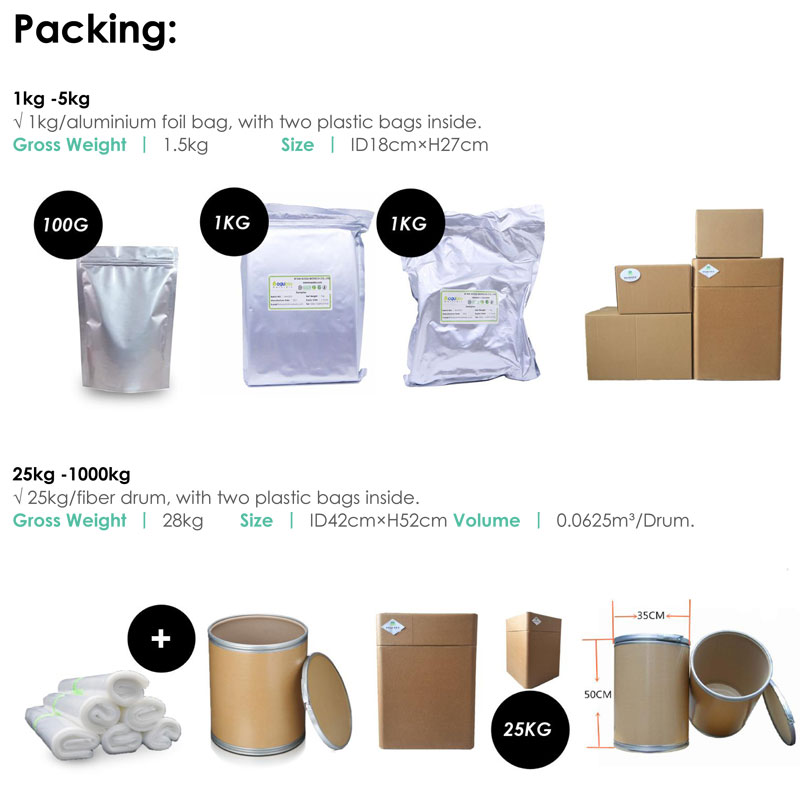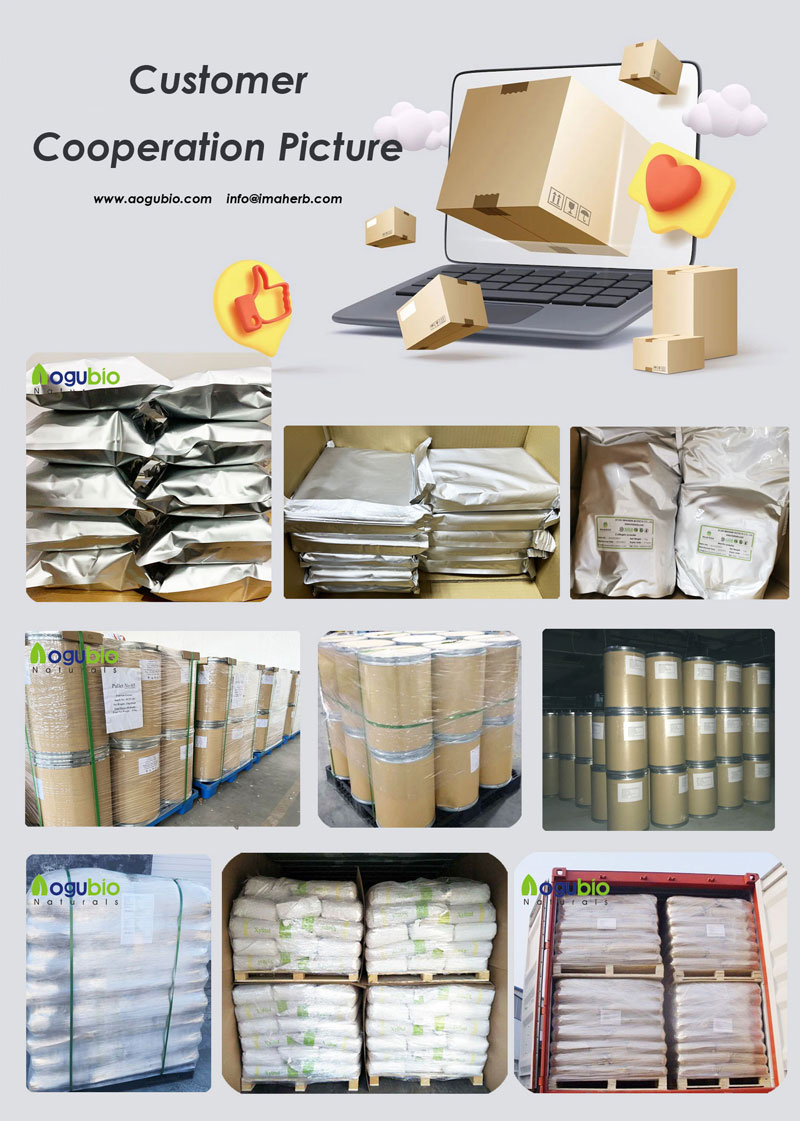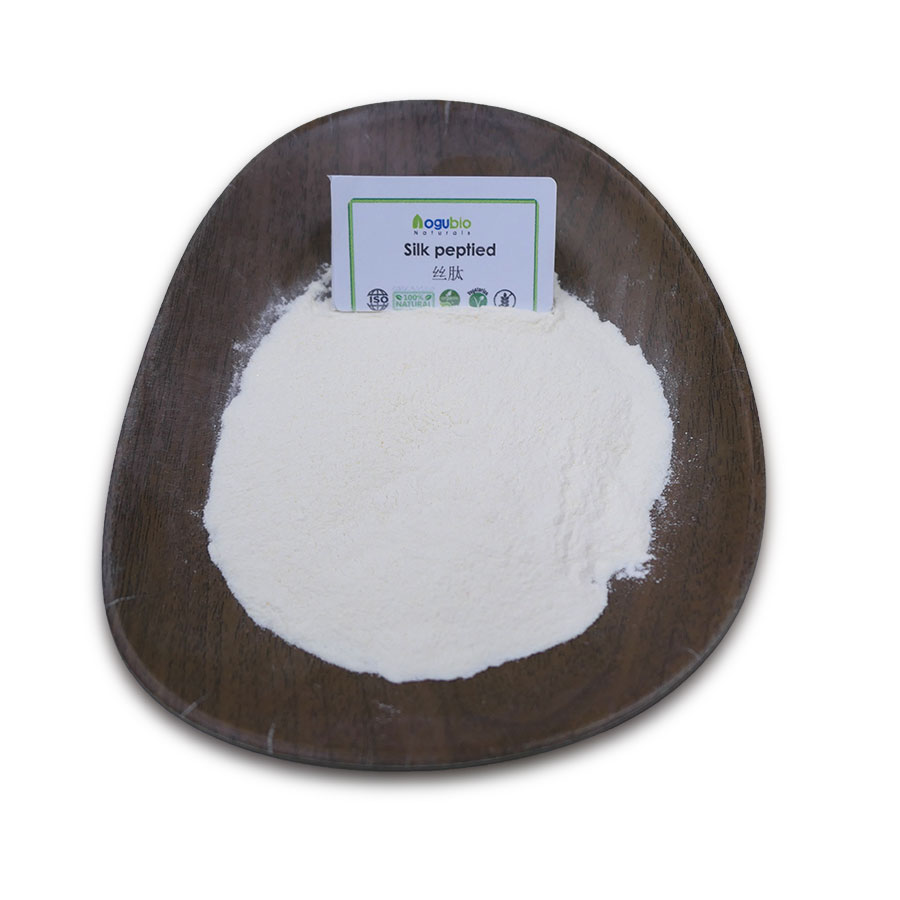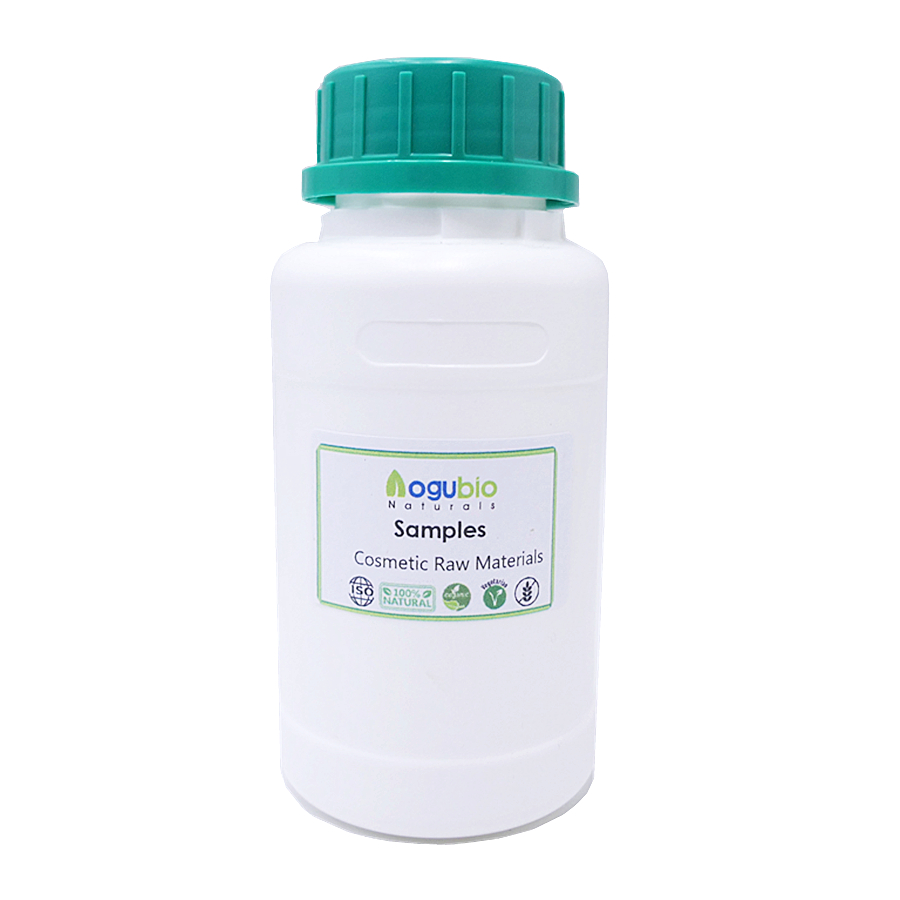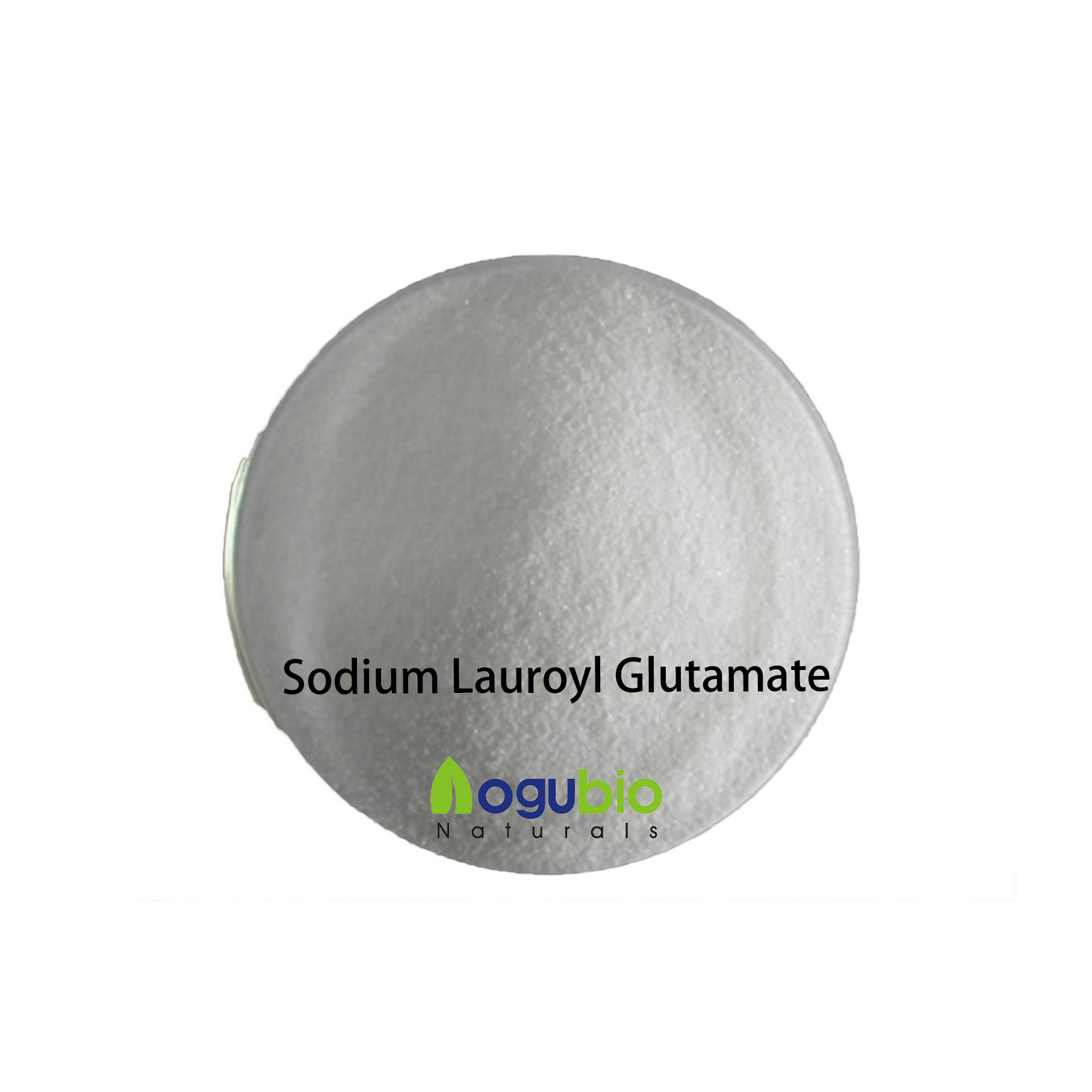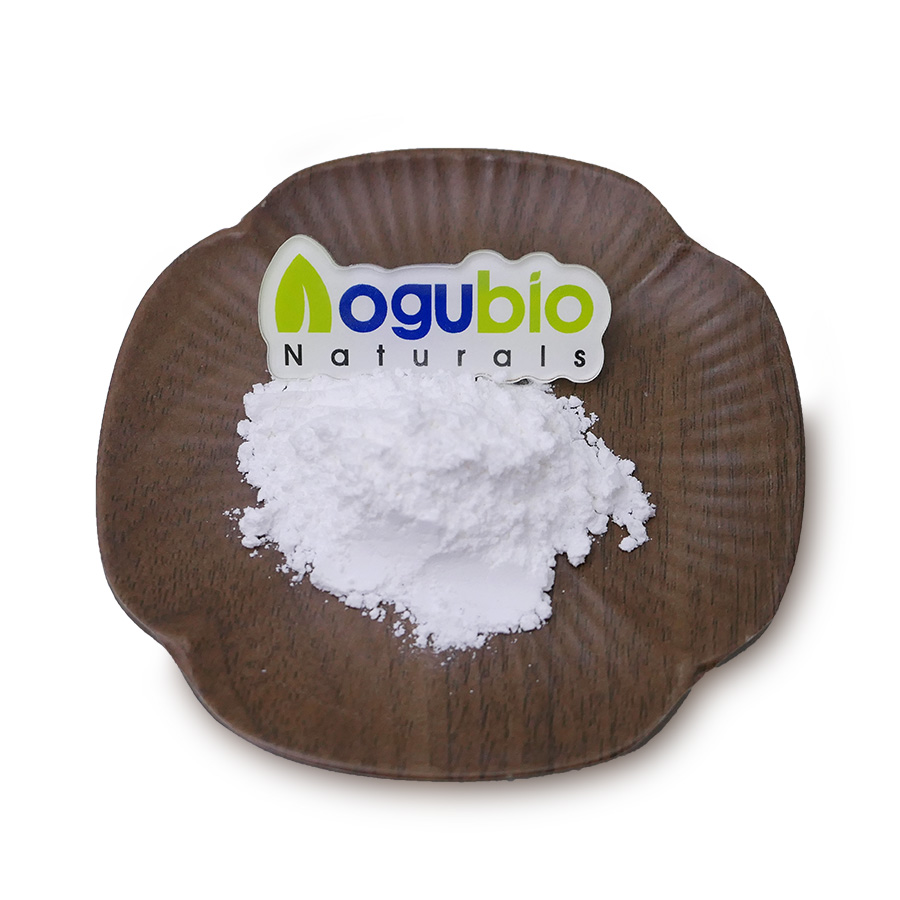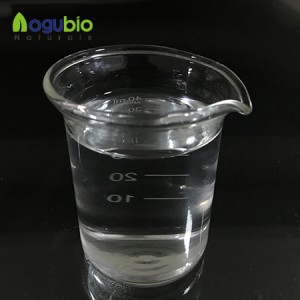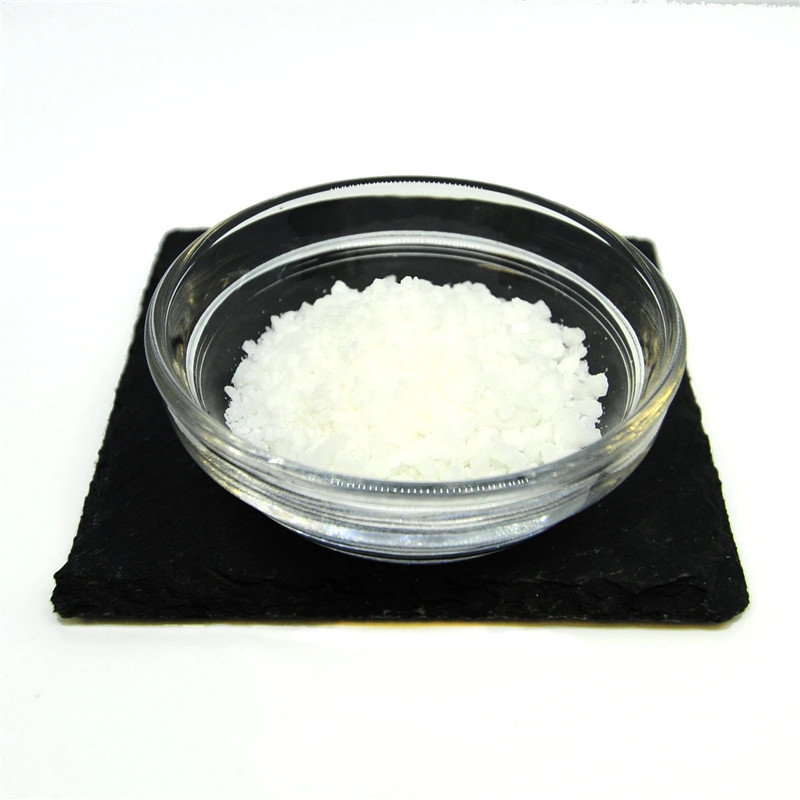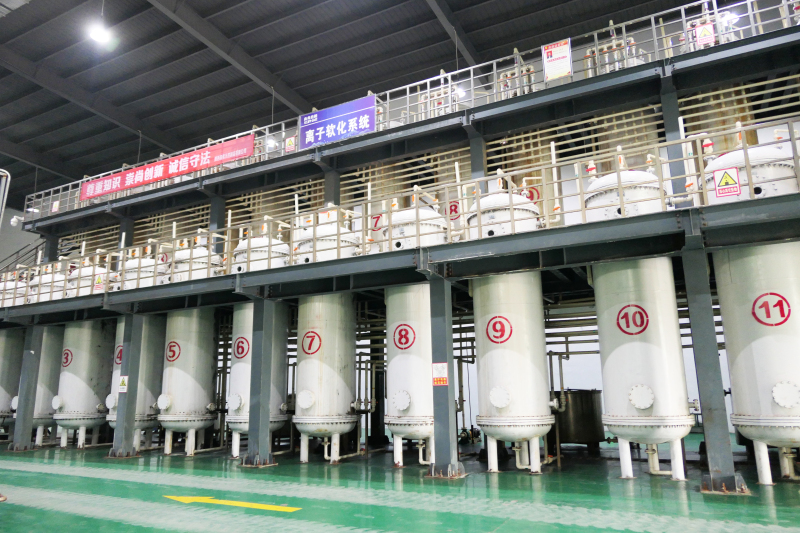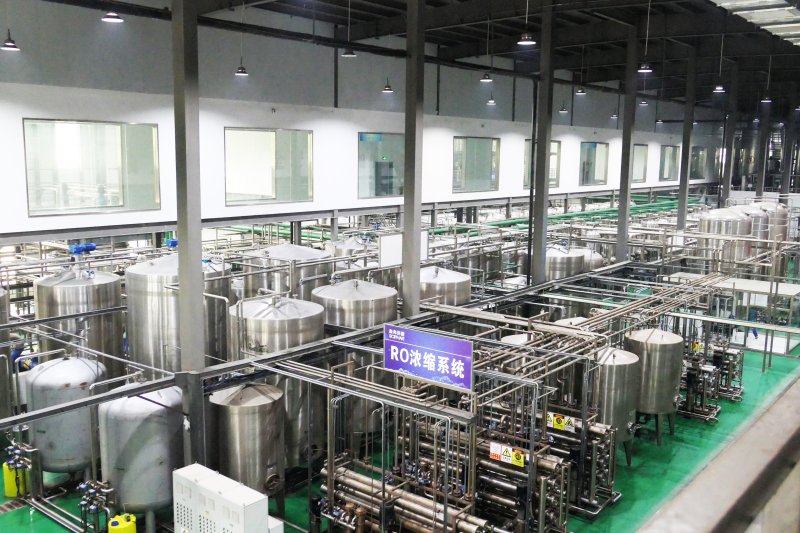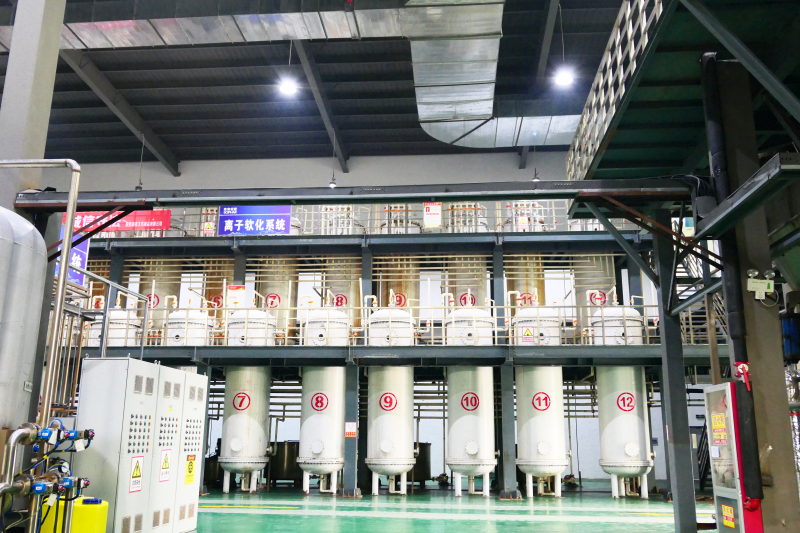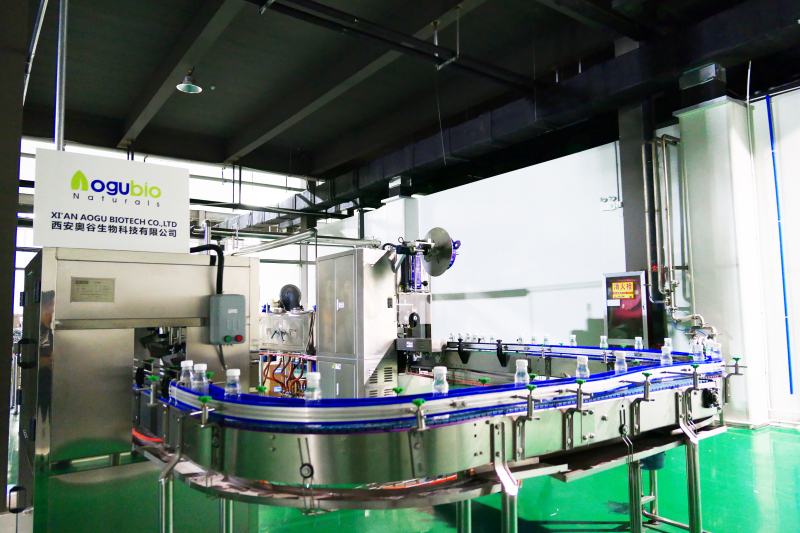Cosmetic Grade Water Soluble Silk Peptide Powder
Products Description
Silk peptide is a kind of water-soluble polypeptide substance by the degradation of silk fibroin protein, whose molecular weight is between 500 and 10000, which is white powder with good water-solubility, the ninhydrin reaction is positive.
Silk Peptides are a refined form of natural silk protein, meticulously processed to preserve the structure and chemical composition of silk. This fine powder, derived from the purification of natural Silk Powder through Alkaline Hydrolysis and Dealkylation, represents the smaller, broken fragments of Silk Protein. Despite this transformation, Silk Peptides maintain the same molecular structure, solubility, and beneficial properties as Silk Amino Acids.
One of the standout features of Silk Peptides is their unique ability to retain and release moisture in response to changes in temperature and humidity. This makes them an exceptional choice for formulations designed to adapt to varying environmental conditions, providing consistent hydration and nourishment to both skin and hair. Silk Peptides are also highly versatile and easy to incorporate into a wide range of personal care products. Their fine powder form ensures seamless integration with essential oils, fragrances, colors, and base materials.
With a recommended usage rate of 2-5% by weight, Silk Peptides offer formulators the opportunity to create luxurious, high-performing products that deliver the timeless benefits of silk to modern skin and hair care routines.
Main Index
| Project | Silk Peptide Powder | Silk Peptide Liquid |
| Characters | White powder, easy deliquescence | Light yellow liquid, no abnormal flavor |
| Identify | Ninhydrin reaction is positive | Ninhydrin reaction is positive |
| Total Nitrogen (%) | ≥14.5 | ≥2.9 |
| Loss on Drying (%) | 5.0 | |
| Residue on Ignition (%) | 3.0 | 1.0 |
| Solid Content (%) | 20 | |
| PH Value | 4.5.0-6.5 | 3.0-7.0 |
| Average Molecular Weight (Da) | 500-30000 | 500-10000 |
| Lead (mg/kg) | ≤5 | ≤1 |
| Arsenic (mg/kg) | ≤ 1 | ≤0.5 |
| Mercury (mg/kg) | ≤0.1 | |
| Total Bacterial Count (CFU/g) | ≤1000 | ≤1000 |
| Coliform (MPN/100g) | ≤90 | ≤90 |
| Pathogenic Bacteria (Salmonella, Shigella, Staphylococcus Aureus) | Not Detectable | Not Detectable |
FEATURES AND BENEFITS
- Natural Silk Protein Benefits: Derived from natural Silk Powder, Silk Peptides are produced through a purification process known as Alkaline Hydrolysis and Dealkylation. This process breaks down the Silk Protein into smaller, more manageable pieces, resulting in a powder that offers the same beneficial properties as the original protein.
- Refined Moisture Regulation: The finer powder of Silk Peptides retains and discharges moisture based on the environmental humidity and temperature, making it ideal for skin and hair care products that require adaptable hydration.
- Versatile Solubility and Permeability: Silk Peptides share the same molecular structure, weight, and solubility as Silk Amino Acids, ensuring easy incorporation into a wide range of formulations. Their excellent permeability also enhances the delivery of moisture and nutrients.
- Enhanced Product Performance: The small particle size and refined nature of Silk Peptides contribute to the overall performance of your formulations. Whether you're crafting a lightweight lotion or a rich hair mask, Silk Peptides enhance the texture, feel, and efficacy of your products, offering a touch of luxury that customers will love.
Applications
- It has actions of natural moisturizing, nourishing skin and promoting skin wound healing.
- As clinically proven, silk peptide has good curative effects on skin wrinkle, dermatitis, pruritus, and eliminating chloasma. The silk peptide is non-irritant and can accelerate the wound healing. Silk peptide can also prevent the skin from the erosion and damage of the chemicals such as dust, coating, acid and alkali. Therefore, frequent daubing skin with skin care products which are rich in silk peptide can achieve the cosmetic effect and prevent a wide range of skin diseases.
- Extremely Outstanding Hair Care Function
- The hair care function of silk peptide is mainly reflected in the absorptivity, absorbability, film-forming property, humidifying and moisture retention to hair.
- Compared with other protein hydrolysate (collagen, collagen protein, gelatin protein, etc.), the greatest feature of silk peptide is that it is rich in nutrition and can be easily assimilated into the hair. The absorption of silk peptide to skin and hair mainly depends on permeation. The increase of silk peptide concentration will enhance the absorptive amount to silk peptide by hair correspondingly. As for the damaged hair, it has larger absorbed dose and adsorbing capacity, which in turn silk peptide has a more obvious repair and protection effect on hair.
- The silk peptide of which the molecular weight is between 500 and 2,000 has wonderful film-forming property on hair, and the film has a unique luster, while the hair feels good and elastic. X-ray diffraction method shows that the membrane formed with silk peptide is the β type crystallization, and the membrane formed with silk peptide on hair can increase the elasticity and luster of hair. Meanwhile, it can also be used as the hairspray. Comparing the silk peptide with PVP, collagen peptides, starchy solution, under the damp condition of 80% RH, using silk peptide as hairspray can keep hair in good condition for a long time.
- After losing certain amount of water, the hair will be dry, vulnerable to breaking and coming off and has split ends at the same time. The membranes formed by silk peptide on the hair surface can prevent water from excessive evaporation. As a natural moisturizing factor, it can also adjust the moisture of little space on the hair surface, making the hair soft and smooth.
DIRECTIONS AND SUGGESTED USAGE
- Shampoos and Conditioners: For shampoo formulations, add Silk Peptides during the water phase to boost the moisturizing properties. For conditioners, it is recommended to add Silk Peptides into the cool-down phase.
- Styling Products: For styling products such as creams, gels, or sprays, add Silk Peptides during the final blending stage to enhance the conditioning benefits and a lightweight feel.
- Face Masks: Blend Silk Peptides into the dry phase of face masks, ensuring thorough mixing before adding liquids to enhance the mask's exfoliating properties.
- Body Lotions: Include Silk Peptides during the cool-down phase of body lotions to improve texture, absorbency, and long-lasting moisture retention.
